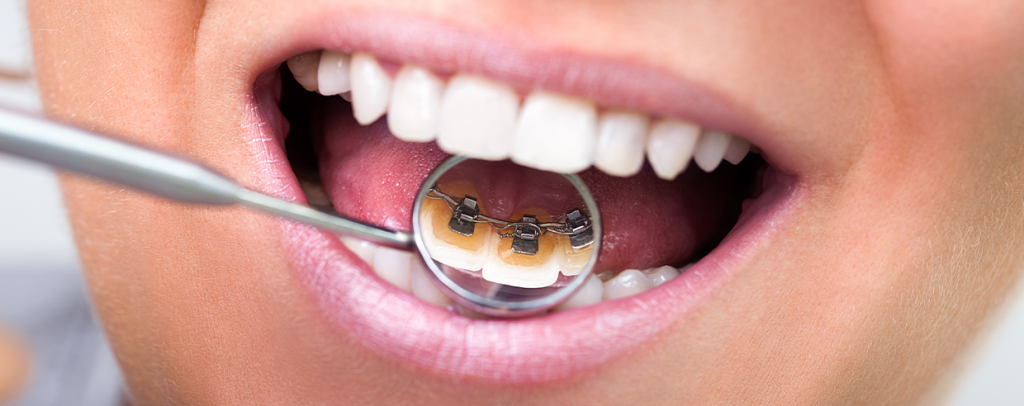There are many factors that can cause jaw pain. Treatment methods also vary and one of them is TMJ surgery. When it comes to jaw joint problems and the pain it causes, the correct diagnosis is very important. Like many people, you may be ignoring your jaw pain because it does not interfere with your …
There are many factors that can cause jaw pain. Treatment methods also vary and one of them is TMJ surgery.
When it comes to jaw joint problems and the pain it causes, the correct diagnosis is very important. Like many people, you may be ignoring your jaw pain because it does not interfere with your daily routine. However, depending on its severity, this may be a symptom of a more important problem. If you have pain that does not go away for a long time, you should see a specialist.
Corrective jaw surgery is one of your treatment options if you are suffering from severe jaw pain. After undergoing a comprehensive examination, your treatment plan can be made. You can contact Tower Dental, one of the best dental clinics in Turkey, to make an appointment.
What is Jaw Pain?
Jaw pain, also known as temporomandibular joint (TMJ) pain, refers to discomfort or tenderness in your jaw joint and surrounding muscles. It can manifest as a dull ache, sharp pain, or stiffness in the jaw, face, or neck. Jaw pain can be caused by various factors, including temporomandibular joint disorders (TMD), bruxism (teeth grinding or clenching), jaw injuries, arthritis, or stress. Common symptoms of jaw pain may include difficulty chewing or opening the mouth fully, clicking or popping noises in the jaw joint, and headaches or earaches.
What are the Symptoms of Jaw Pain?
Alongside jaw pain, you may experience various symptoms depending on the underlying cause. Common accompanying symptoms include:
- Difficulty or discomfort while chewing or biting.
- Clicking, popping, or grinding noises when opening or closing the mouth.
- Limited range of motion in the jaw, such as difficulty fully opening or closing it.
- Facial pain or tenderness, especially around the jaw joint or temples.
- Earaches or pain in the ears, often mistaken for ear infections.
- Headaches, particularly tension headaches or migraines.
- Neck pain or stiffness, often associated with muscle tension.
- Swelling or inflammation around the jaw joint.
- Locking of the jaw, where the mouth gets stuck open or closed temporarily.
- Toothaches, especially if jaw pain is related to dental issues like bruxism or tooth decay.
TMJ surgery, or temporomandibular joint surgery, is considered when conservative treatments for TMJ disorders (TMD) fail to provide relief from persistent jaw pain and dysfunction. Your healthcare provider may recommend TMJ surgery if you experience severe and debilitating symptoms such as chronic pain, limited jaw movement, or difficulty performing daily activities like eating or speaking. Additionally, TMJ surgery may be necessary if imaging tests reveal structural abnormalities within the temporomandibular joint, such as severe joint degeneration, displaced discs, or abnormalities in your jawbone.
How is the Jaw Surgery Performed?
Jaw surgery, also known as orthognathic surgery, is generally performed by an oral and maxillofacial surgeon. The procedure is conducted under general anesthesia in a hospital or surgical center. During the surgery, your surgeon makes incisions inside your mouth to access the jawbone. They may use various techniques depending on the specific corrective needs, such as cutting and repositioning the upper or lower jaw or both. These adjustments are made to correct issues like misalignment, asymmetry, or skeletal deformities that contribute to functional problems or aesthetic concerns.
Once the necessary corrections are made, the jawbone is secured in its new position using specialized surgical plates, screws, or wires. The incisions are then closed, and any excess tissue is trimmed away. After the procedure, you will be closely monitored as you recover from the anesthesia. Post-operative care may involve pain management, dietary adjustments, and physical therapy to aid in healing and optimize jaw function. Your oral surgeon provides detailed instructions for recovery and follow-up appointments to monitor your progress.
Conclusion
As a result, if you have been experiencing severe jaw pain for a while without knowing the cause, you should immediately consult a health institution and undergo a detailed examination to diagnose the problem causing this condition. After the problem causing the pain is understood as a result of physical examination, blood tests and imaging examinations, you should start your treatment process as soon as possible and you can take precautions against serious problems that may be caused by this condition. Contact Tower Dental to get more detailed information about Turkey jaw surgery costs and the procedure.








